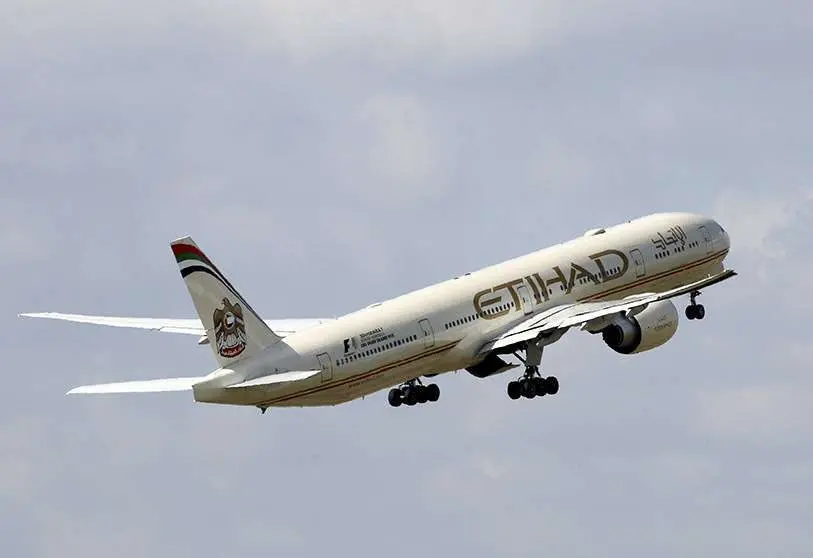Etihad Airways bets on increasing profits while maintaining its transformation plan

Returning to profitability by 2023 remains the top priority for Etihad Airways in Abu Dhabi. Despite suffering a significant operating loss last year, more than double the previous year, the airline maintains this goal. Three years ago, the airline launched a transformation plan that would last for five years. In doing so, the company continues to target a complete turnaround by 2023, having accelerated its transformation plans and restructured the organisation during the pandemic into a leaner, more agile business.
Prior to the pandemic, Etihad was ahead of the transformation targets set in 2017, having recorded a cumulative 55% improvement in core earnings by the end of 2019. This momentum continued into early 2020, with a record first quarter showing a 34% year-on-year improvement. Even so, Etihad has lost a total of $5.62bn since 2016, as it has aggressively bought stakes in airlines from Europe to Asia in order to compete against other leading airlines in the region such as Emirates and Qatar Airways. With the cost-cutting measures, the company was just beginning to recover from its financial losses early last year. It also announced the sale of 38 aircraft from its fleet, in a deal valued at $1 billion, to an investment firm in a bid to boost profits.

Last March, with the onset of the pandemic, Emirates halted flights to curb the spread of COVID-19. For Etihad Airways, its passenger traffic plummeted to just 4.2 million travellers, compared to 17.5 million a year earlier, according to the airline. Total passenger capacity on aircraft fell 64%. The company lost $758 million during the first half of 2020 alone. "COVID shook the foundations of the aviation industry, but thanks to our dedicated people and the support of our shareholder, Etihad stood firm and is poised to play a key role as the world flies again... While no one could have predicted how 2020 would unfold, our focus on optimising core business fundamentals over the past three years put Etihad in a good position to respond decisively to the global crisis," the airline's chief executive Tony Douglas commented at a press conference.

The losses have affected the entire company, forcing the airline to cut 33% of its workforce and slash salaries by 25-50%. Adam Boukadida, chief financial officer, said: "We started the year on a firm footing by exceeding our transformation targets for the first quarter and expected a strong performance for the coming year, and then the pandemic got the better of us. As passenger revenues plummeted, we took immediate action to ensure Etihad's long-term financial health, with a wide range of measures to mitigate the impact of COVID on our business. Despite significant pressures on our cash flow, we maintained liquidity by focusing on cost control, maximising cargo revenues, enhancing our charter capabilities and generating innovative credit lines, such as the world's first sustainability-linked transition cheque. This was backed by Etihad maintaining an A credit rating from Fitch signalling a 'stable outlook', making it one of the few airlines to maintain a pre-COVID-19 rating.
While the launch of coronavirus vaccines has stoked hopes of a global return to travel, the industry is not expected to see significant recovery for months until the vaccines are widely administered. Still, Etihad CEO Tony Douglas struck an optimistic tone in the earnings announcement. "While no one could have predicted how 2020 would unfold," he said, "Etihad stood firm and is ready to play a key role as the world gets back to flying."








